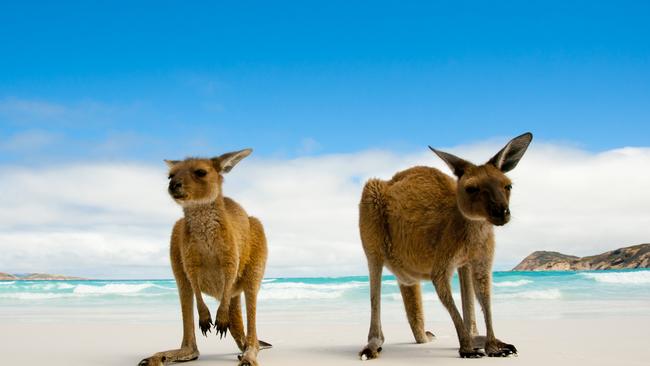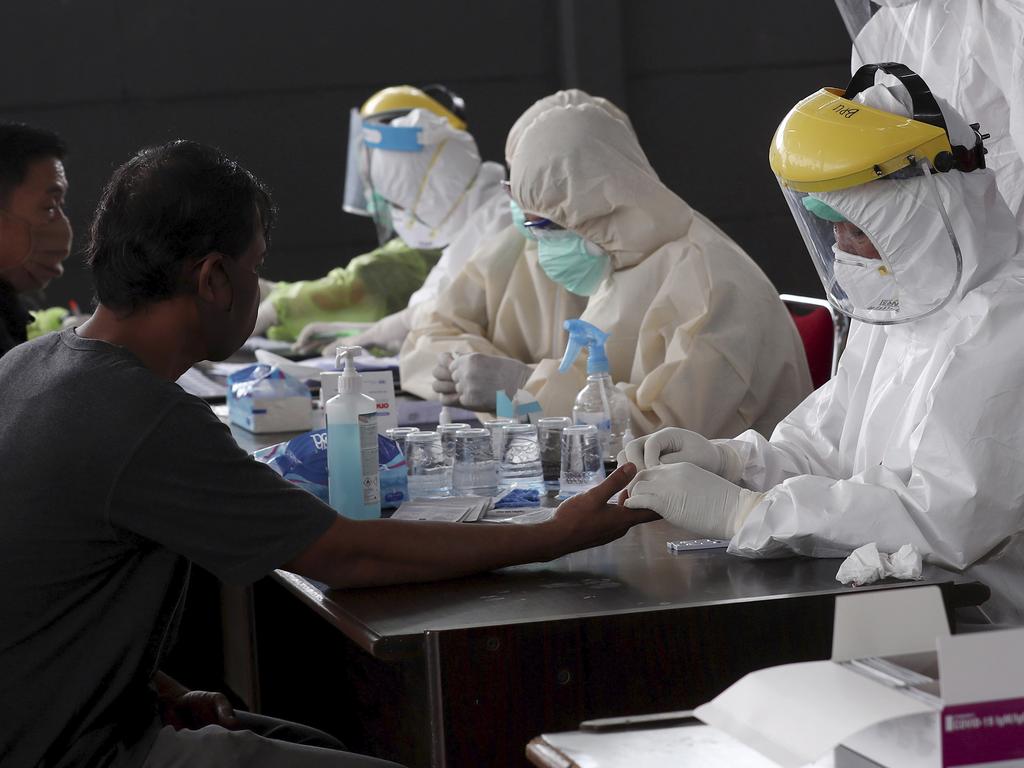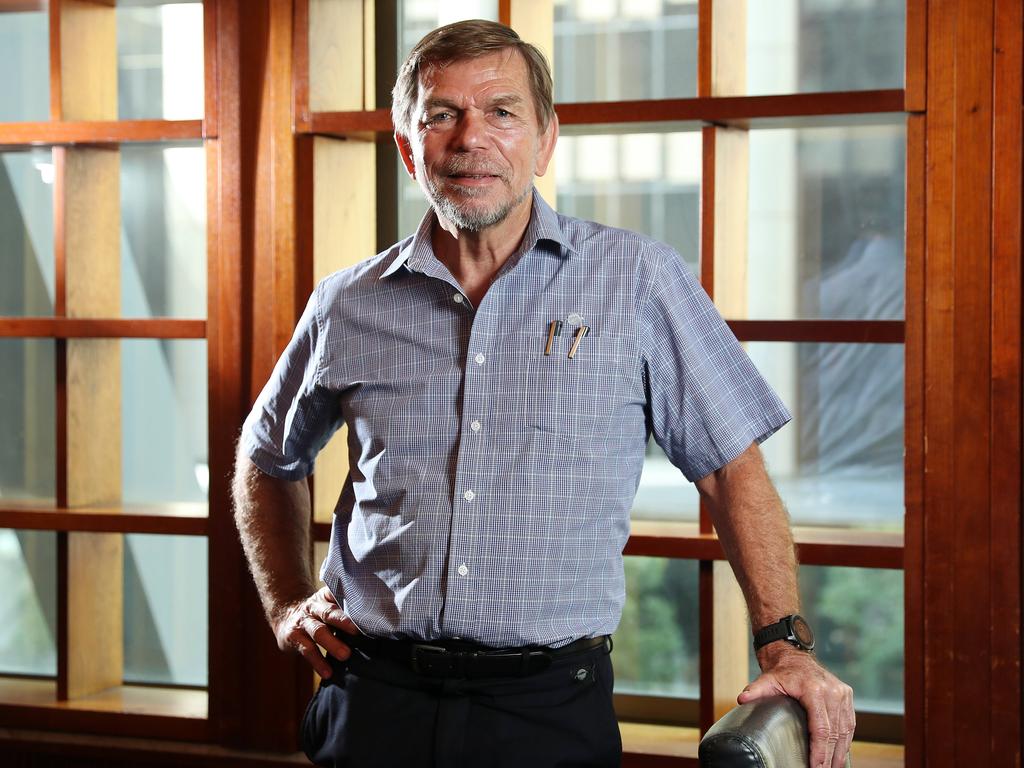Coronavirus: Isolated Australians yearning to get travelling
Australians are ready to explore the country to support the local economy once restrictions are lifted, new data shows.

Social distancing measures have agitated the travel bug itch on many stuck at home, with a majority of Australians ready to explore the country to support the local economy once coronavirus restrictions are lifted.
A survey conducted by the University of Queensland Business School shows 58 per cent of Australians hope to get away, with many already starting to plan ahead and waiting for the green light from governments to book.
Whether to see friends and family in other states and regions with whom they have been forced to separate or just to escape the confines of their homes, the single biggest motivator behind exploring Australia was to support the hard-hit tourism industry and local economy. While Millennials have itchier feet than their elders, the sentiment was held across all generations.
Associate Professor Gabby Walters, who led the research, said reports of the coronavirus curve flattening is helping to restore confidence in tourism but noted not all will be ready to get out and about straight away.
“This staying at home message is a double-edged sword (for the tourism industry),” Dr Walters said. “It’s making people want to get out and about but, on the other hand, some will want to wait at least 12 months until it is absolutely safe.”
IBIS analysts forecast tourism industry revenues to fall 15.7 per cent through the 2019-20 financial year, accounting for interstate travel bans by several state governments and the federal government’s advice to avoid non-essential travel. Without COVID-19, industry revenues were expected to grow 2 per cent.
While the pull of the sand has made coastal regions the most appealing option, a third of people plan on visiting regional Australia. Only 17 per cent of survey respondents hope to visit a major city.
Southern Queensland Country Tourism chief executive Peter Homan said travellers should get out into Australia’s regions, many of which have already been hit hard throughout 2020 by bushfires, drought and flooding. He said the data is “unbelievably good news” for regional towns.
“This time of year is incredibly strong for us, autumn and winter, and it’s completely ground to a halt, which is just devastating for the entire industry,” Mr Homan said.
“We’re predominantly a local and drive market visitation market, so feel elated that our region will be a favourable destination for Queenslanders once they are able to travel. (It’s) the best news I’ve heard for a long time”
Even when Australia moves to a stage of more relaxed restrictions, future travellers will still be mindful of the pandemic. Half of all future travellers said they plan on taking a road trip rather than fly or take public transport, while a majority stated they will be practising stricter hygiene and social distancing on their travels.
Dr Walters said that when international borders open, domestic travel will likely continue to prove popular, appearing the safer option.
“People will become reacquainted with the local lustre,” she said. “We may see more people wanting to choose the Great Barrier Reef over Bali.”
Not wanting to be caught out, cancellation policies will also play an important role in travel decisions. Full refunds will be preferred by most, but just in case, many plan on paying their balances at the last minute to minimise the amount of money they lose if they are forced to cancel.








To join the conversation, please log in. Don't have an account? Register
Join the conversation, you are commenting as Logout